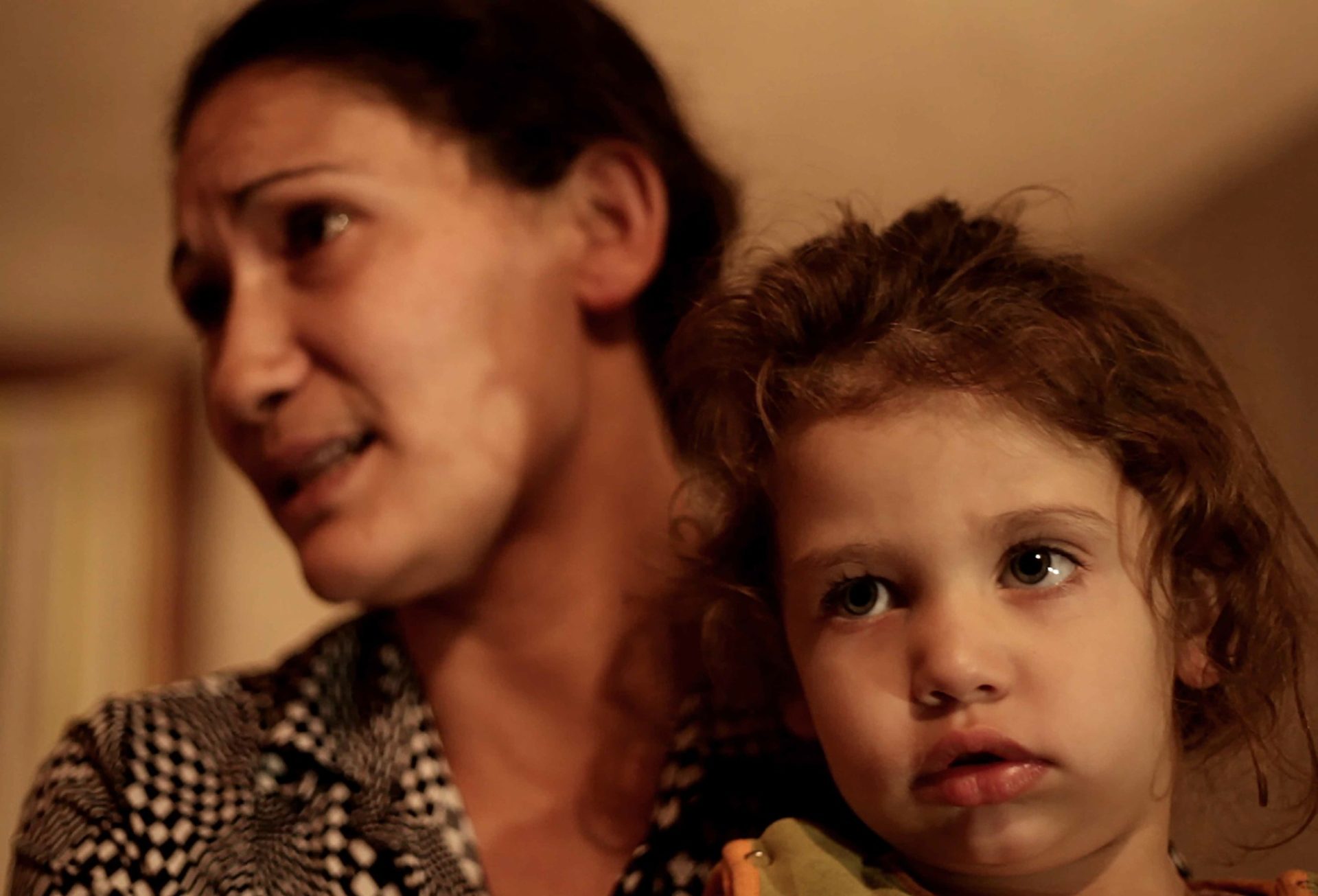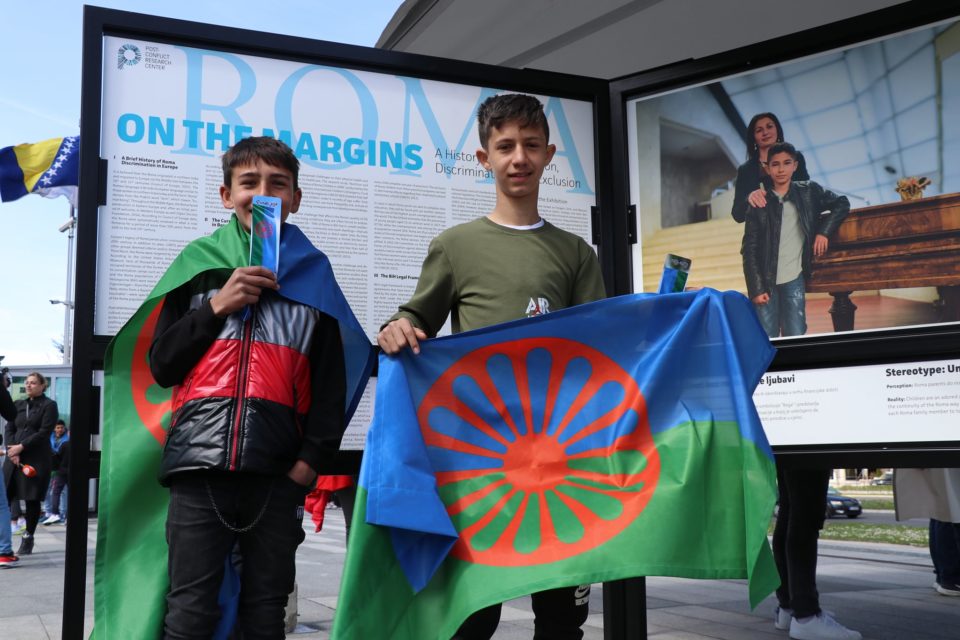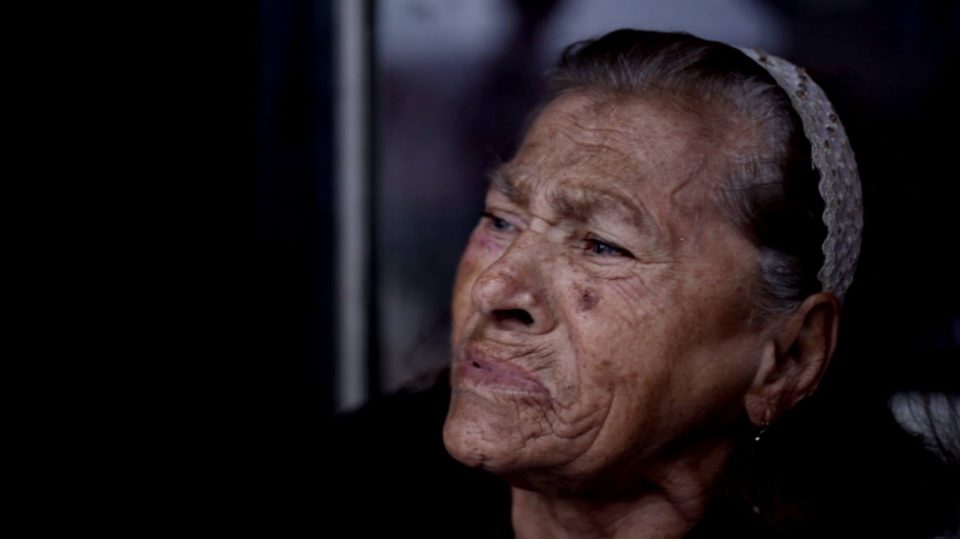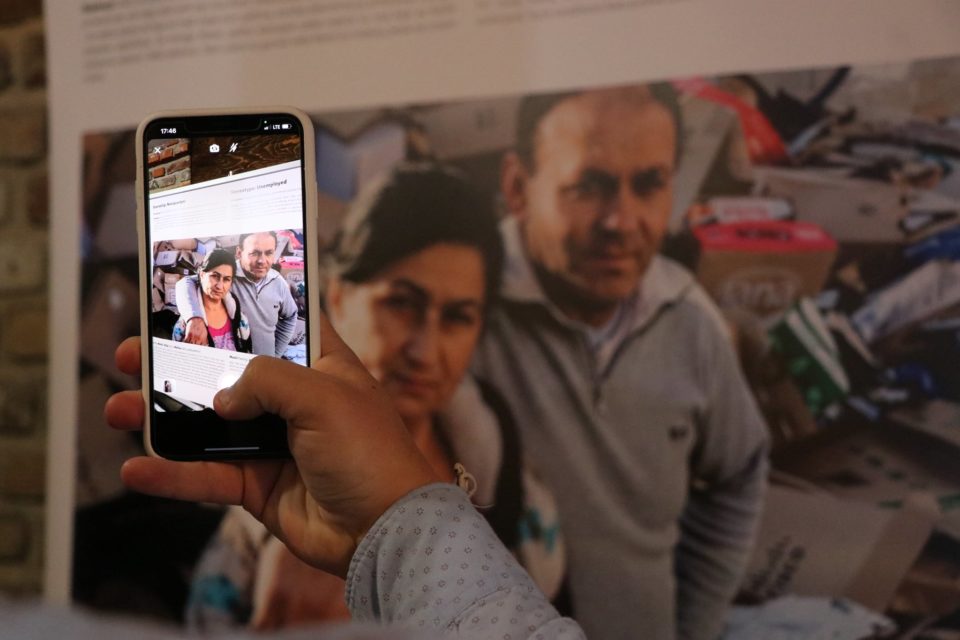
Roma are the largest of the 17 national minority groups in Bosnia and Herzegovina (BiH), with the existence of Romani people recorded in Bosnia for over 600 years. Yet, there continues to be a stigma attached to this minority group, which has translated into mistreatment and poor living conditions throughout the country (Minority Rights, Roma, 2015).
This can be compared to Romani within the UK. Although the number of Roma is smaller in the UK than in Bosnia, mistreatment and stigma is still persistent. There are multiple charities within both Bosnia and the UK working to improve and protect the rights of Roma people and attempting to change the negative perception of the minority group among other citizens.
Roma in BiH
The exact number of Roma in Bosnia and Herzegovina is uncertain. Due to the stigma attached to the label, many members of this community refuse to identify as Roma on official surveys and censuses, and therefore, their number is consistently underestimated. The 2013 consensus recorded 12,583 Bosnian residents who declared themselves as Roma (Bosnia and Herzegovina Consensus, 2013), while July 2012 estimates from the Council of Europe counted a minimum of 40,000 and a maximum of 76,000 Roma in BiH. This equates to only 1.54% of the total population, meaning that Bosnia and Herzegovina has the lowest percentage of Roma of any Western Balkan population (Council of Europe, Roma Estimates in Bosnia and Herzegovina, 2012). Significant Roma communities in BiH are living in Brčko, Bijeljina, Sarajevo, Banja Luka, Mostar, Tuzla, Kakanj, Prijedor, Zenica, and Teslić (Institution of Human Rights Ombudsman of Bosnia and Herzegovina, Special Report on the Status of Roma in Bosnia and Herzegovina).

During the war in Bosnia from 1992-1995, the Roma community suffered mistreatment by all parties to the conflict. With over 30,000 Bosnian Roma expelled from their homes in the course of ethnic cleansing and subjected to inhumane conditions, entire communities were destroyed. Today, many Roma in BiH still live in informal settlements, without access to water or electricity. Most Roma either work in the informal economy or have no means of sustenance. The percentage of Roma who are employed is extremely low, with less than 1% in the Federation of BiH and Brčko District, and less than 3% in the Republika Srpska (RS). Furthermore, a lack of access to education and a struggling skillset adds to problems of discrimination in the labor market. Many Roma people still face obstacles to receiving an education, both in terms of enrolment and completion of primary studies. Only 69% of Roma children in the country complete their primary education, as compared to 98% of the rest of the population in Bosnia (UNICEF, Roma Children).
Roma fall under the category of ‘Others’ in the legal framework of Bosnia and Herzegovina and as such, are discriminated against by law and cannot hold certain public offices (Minority Rights, Roma, 2015).
Access to healthcare services also remains difficult for a large proportion of the Roma population in BiH due to administrative and bureaucratic complications. Lack of school attendance and registration of unemployment leaves many Roma citizens without health insurance coverage. Roma associations estimate that only between 60-70% of the Roma population in BiH have access to health care (Institution of Human Rights Ombudsman of Bosnia and Herzegovina, Special Report on the Status of Roma in Bosnia and Herzegovina).
UNICEF reported that 69 per cent of Roma families earn below 200 Bosnian marks (102 euros) per month, whereas the national average monthly income is 700 Bosnian marks (Hoi Mun Yee, Bosnia’s Roma Try to Break Out of Isolation, 2017).
The overarching consequence of this is that Roma intergenerational poverty in BiH is extremely high. Roma households lack the funding, skills and education necessary to put children through primary school, which leads to a consistent never-ending cycle of poverty within the Roma population. Roma children have therefore become the most at-risk group in Bosnia, and discrimination against Roma children has become a barrier across all fronts of society.
Roma Activism within BiH
The OSCE Mission in BiH has worked continuously since 1996 to improve the lives of Roma people. An important early step was the development and adoption in 2005 of the BiH Strategy for addressing issues facing Roma. BiH authorities subsequently developed and adopted the Roma Action Plan, which covers the areas of housing, healthcare, employment, and in particular, education. Since BiH joined the Roma Decade Initiative in 2008, approximately 1.5 million euros have been budgeted every year in the BiH Budget for the implementation of the Roma Action Plan. Furthermore, since 2008, BiH institutions have built more than 1,000 housing units for vulnerable Roma families, implemented numerous employment projects, and worked on better inclusion of Roma women and youth in decision-making processes. It should also be noted that the BiH Council of Ministers established the Roma Board as an advisory body that works on systematic improvement of the position of Roma in BiH.
At this stage, the OSCE is working closely with the BiH Ministry of Human Rights and Refugees on the implementation of the Roma Action Plan. The OSCE also cooperates with Roma civil society organizations across the country and works on strengthening their individual and collective capacities to advocate for the protection of Roma rights. While continuing to focus on combating various forms of discrimination against Roma and holding institutions accountable to their commitments to improve the status of Roma, the OSCE is also conducting research this year on access to safe housing for Roma women who have been the victims of domestic violence. Additionally, it is closely liaising with local authorities on the regularization of informal settlements and addressing the housing needs and rights of the Roma community.
The Post-Conflict Research Center (PCRC) and the OSCE continue to work together on the project ‘On the Margins,’ with the primary objective to “challenge negative stereotypes about BiH’s Roma community” through providing a platform for Roma individuals to make their voices heard and to combat negative stereotypes attached to them (PCRC, On the Margins).
Latest Improvements for Roma in BiH
Bosnia and Herzegovina has had remarkable success in tackling the issue of the lack of civil registration documents and risks of statelessness, thanks to cooperation between the state authorities and NGOs, reducing the number of Roma persons without documents from some 3,000 to 57 in 2017.

The Ministry of Human Rights and Refugees, in cooperation with municipalities, is building housing for 150 Roma families in 14 municipalities, thanks to EU funds totaling 4 million euros in 2012 (Institution of Human Rights Ombudsman of Bosnia and Herzegovina, Special Report on the Status of Roma in Bosnia and Herzegovina). The legalization and improvement of living conditions in informal settlements is ongoing and is still uneven across the country.
In July 2010, the Council of Ministers adopted the Revised Action Plan on the educational needs of Roma. Authorities are also providing textbooks, school transport, meals, and other subsidies. Enrolment of Roma children in primary, secondary, as well as higher education has since increased (Institution of Human Rights Ombudsman of Bosnia and Herzegovina, Special Report on the Status of Roma in Bosnia and Herzegovina).
Roma in the UK
The Roma community is also one of the most disadvantaged ethnic groups within the UK today. It is estimated that there are at least 200,000 Roma and Travellers in Britain, although this is thought to be a highly underestimated number due to their lack of participation in the 2011 census (Katalin Barsony & Damian James Lebas, Before You Make Another Offhand Remark About Roma and Travellers in the UK, We’d Like to Tell You This, 2016).
Roma and Traveller communities face challenges in almost every aspect of life in the UK, much like in Bosnia, from housing, education, and employment to continuous negative portrayals in the media. A recent Pew Research Centre Poll found that 50% of people in the UK have a negative view of the Roma community (Katalin Barsony & Damian James Lebas, Before You Make Another Offhand Remark About Roma and Travellers in the UK, We’d Like to Tell You This, 2016).
Roma children within the UK, as in BiH, are among the most chronically under-achieving in the education system. Only 14% of Roma children succeed in reaching the minimum GCSE expectations compared with 60% of their peers, and they are four to five times more likely to be excluded from school (Katalin Barsony & Damian James Lebas, Before You Make Another Offhand Remark About Roma and Travellers in the UK, We’d Like to Tell You This, 2016). This and low attainment and low literacy and numeracy at a young age traps Roma individuals in low paid and uncertain jobs as adults.
Planning applications made by Roma and Travellers in the UK are frequently rejected by councils, making integration continuously difficult. Furthermore, rising xenophobia in the aftermath of Brexit, and potentially the loss of European Human Rights Convention protections risk making British Roma even more vulnerable.
Roma Activism within the UK and Recent Improvements
There are various charities working within the UK to help attempt to improve lives for Roma’s within the UK, including the Roma Support Group, Friends, Families and Travellers and the Traveller Movement.

It should be noted that the 2021 UK Census included a ‘Roma’ category for the first time (UK Government, Gypsy, Roma and Irish Traveller ethnicity summary, 2022).
There have been some improvements in relation to education for Roma and Travellers and an adoption by the Government to include more career related guidance for Roma individuals to explore other career pathways that may not have been previously open to them.
More advice and plans have also been introduced to help Roma gain settled status in the aftermath of Brexit.
Overall, in both BiH and the UK, Roma people are one of the most vulnerable groups in society. In these two contexts, parallels can be drawn between the lack of education and career opportunities available to Roma people as well as the continuous housing and healthcare issues that undermine their quality of life.
Roma are often misrepresented and it is important to counter harmful misconceptions and stereotypes. Drawing attention to Roma voices and Roma stories can help society as a whole understand the position of Roma and the various challenges that they face. As well as educating the public and promoting Roma culture and traditions, these positive stores have the potential to empower and inspire current and future Roma leaders fighting for change.






